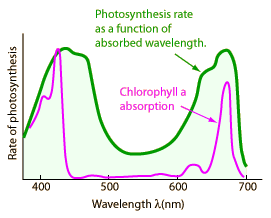-=-
Orange color requires certain properties of the object, the type(s) of light which carries that color, eyes that receive that light & a brain to interpret it & produce the image.
Dark is the absence of light. No light = no color. No light receptor = no color. No brain = no color. Different enough properties of the object = different color. Different type of light = different color. Different eyes = different color. Different brain = different color.
Color is 1 aspect of the brain's interpretation of the signals the eyes receive. The signals are light reflected from the object & are such as they are due to the properties of the light & the properties of the object.
The OP presupposes the orange is there. The orange can be touched, held, squeezed, rolled about, tossed into the air & caught in the dark. There may be sound as it is squeezed or rolled & will be sound as it is caught. It can be smelled & tasted. And eaten.
There is a difference between this & the tree falling in the forest. Color requires an observer. Sound does not.
Technically, it is correct that the orange is not orange colored. It is the color(s) of the light it absorbs. If it were a simple matter of an object absorbing blue light & reflecting orange & another object absorbing red light & reflecting green & if we could know this of each object we see, I'd probably persist in calling the former blue & the latter red. As things are tho, it is much too impractical thus we refer to the reflected color.

